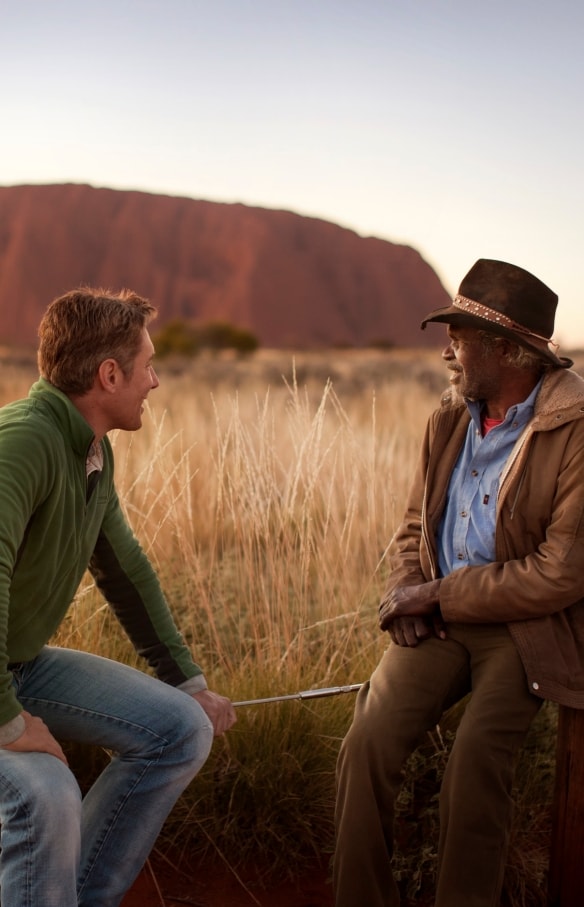Due to Australia’s size, there are many different climates and weather patterns, which means Australia is the perfect place to visit all year round!
In the Southern Hemisphere, the seasons are opposite to those in the Northern Hemisphere. So, when things get colder up north, come Down Under to enjoy an endless summer.


































































































































